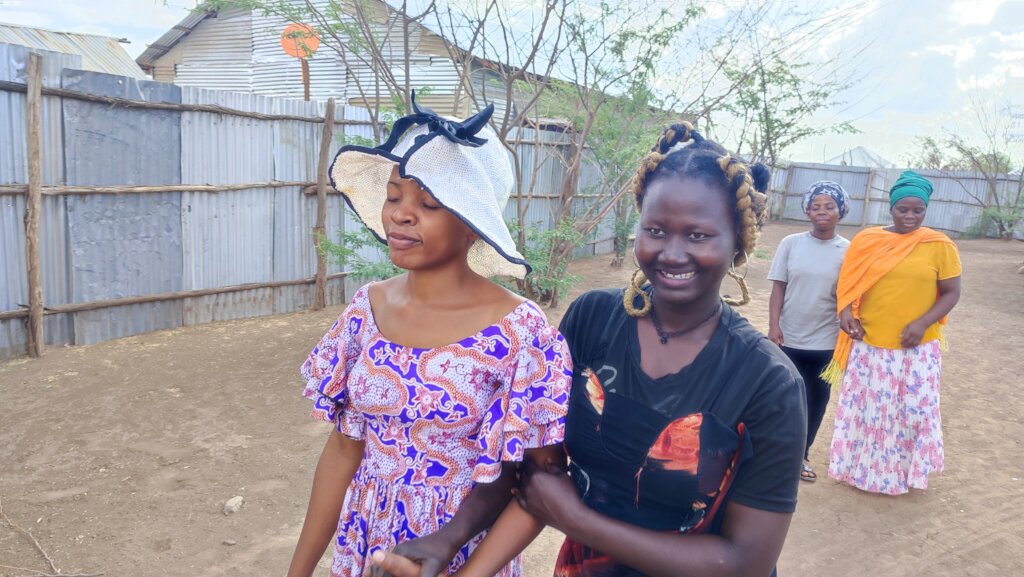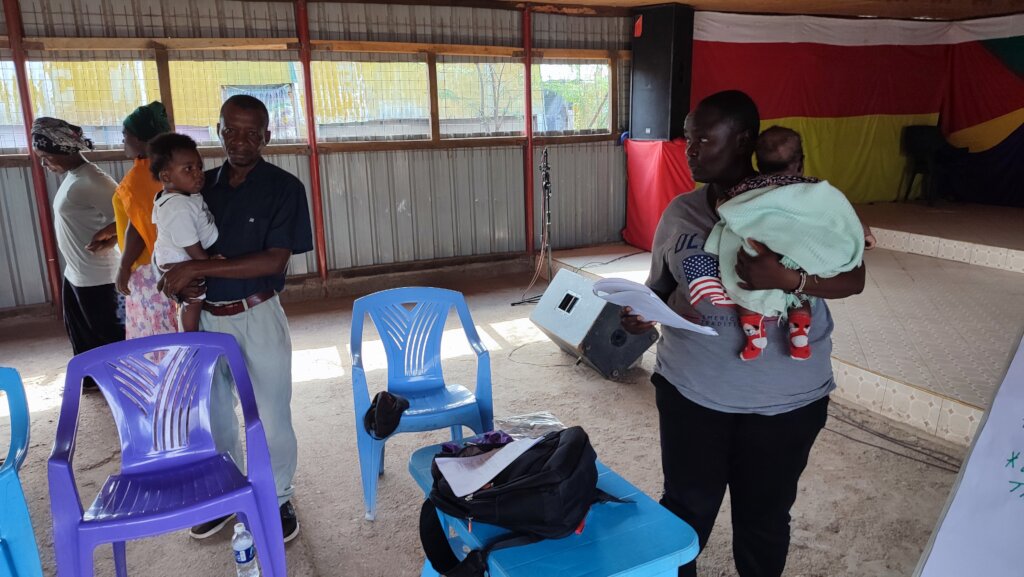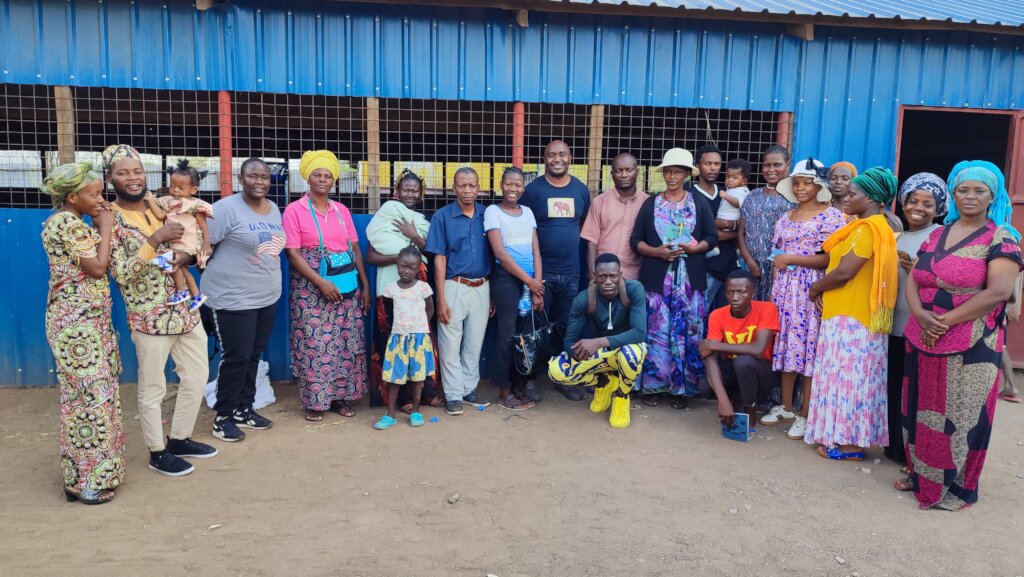By Peter Serete | Program Coordinator
Kakuma Refugee Camp began in 1992 and now has over 100,000 refugees. These came from Sudan, South Sudan, Somalia, Congo, Burundi, Rwanda, and Ethiopia. The camp is in the remote northwest corner of Kenya near the South Sudan/Uganda borders in one of the most inhospitable areas of Kenya. The local population is the nomadic Turkana people who keep cows, camels, and goats. Refugees are not allowed to leave the refugee camp without official permission. The camp is run by UNHCR (UN High Commission on Refugees).
As an isolated community with different nationalities confined to a small area, conflicts are frequent. Moreover, there is conflict with the local Turkana people who feel that the refugees receive preferential treatment and are destroying the environment by cutting the trees for firewood and depleting the limited water supplies.
For more than eight years, Transforming Community for Social Change and Kakuma 2 Friends Church (African Great Lakes Initiative local partners in Kenya) has introduced peace related programs in intervention capacity to help the raising need to peaceful coexistence within the camp and host community.
Healing and Rebuilding Our Communities (HROC) as program has set a basic foundation in addressing psychosocial challenges in trauma and rebuilding resilience towards addressing fundamental crisis in the camp.
Forty-one participants benefited in our just concluded two basic HROC workshop this included 25 women some with babies and 16 men. Most of participants were refugees seeking asylum and repatriation from Congo, Burundi, Sudan, Ethiopian and South Sudan.
The workshop was very fruitful and gave both participants and facilitators opportunity to learn more and understand Trauma.
The first day of the workshop, we focus on general knowledge about trauma, its causes, symptoms and its consequences at individual, family and community levels, The second day of the basic workshops we spend time and concentrated on personal journey healing and the last day was concentrated on community trust building.
“Today am reminded of my loss, I have come to terms with the war back at home in Congo because its beyond my understanding, what hurts me most is the loss of my four children through miscarriage, other women in the camp have laughed at me when I count my eight children, I have carried around my hidden grief, I have hold to that loss and it has burdened me for 4years,today in the training, during the exercise of healing from Grief, I have learnt that nobody is completely healed but I have survived to this point to get to this workshop and share my loss, I feel better”
“I received a scholarship to join a boarding school in class six, was happy my life would change as a young girl from South Sudan, when I went to join, someone had already joined the school using my name, to date I have never known what transpired, I used to work hard in education but this was a big blow and made me lose interest in education, losing that scholarship have affected my school work and I have been having suicidal thoughts, I thanks HROC for encouraging me to talk about want I lost. Am hoping going forward, should let my pain go and invite new energy to cope with life stressing challenges”
“During the definition of Loss, Grief and Mourning, you instructed us to open a blank page and write Loss; you told us to think of three things or persons we have lost and circle one that we believed hurt us most, the death of my wife affected me most after she was poisoned in Congo and later the death of my child in the camp, I have experienced challenges handling strong emotions when I remember the two losses, My anger has driven me into destructive behaviors that have affected my relationship with people around me including not trusting anyone. This training has helped me contain my emotions in a heathy way, through sharing my pain and finding a safer place where people are willing to listen”
The process and exercises in the training has serve as a building block in creating a new peaceful community in the refugee camp set up and give the opportunities to many refugees to learn and understand how to deal with their trauma and help others. In the recommendation
Participants requested the organizer to plan for the Advance and Training of Trainers session the next year before school open up to give chance to students for them to attend the session, organize a session for Girls with early pregnancies, victim of Sexual gender-based violence and school dropout for youths, trying to consider Sudanese and south Sudanese community to attend the workshop in Kakuma4 and kakuma1 areas as where the majority of them are living, Allocate jobs for those who will complete the 3 stages of the workshop, Plan a translator/interpreter for those in the workshop who do not understand both English and Swahili, to provide some T-shirts and certificates on completion of the training
Project reports on GlobalGiving are posted directly to globalgiving.org by Project Leaders as they are completed, generally every 3-4 months. To protect the integrity of these documents, GlobalGiving does not alter them; therefore you may find some language or formatting issues.
If you donate to this project or have donated to this project, you can receive an email when this project posts a report. You can also subscribe for reports without donating.
Support this important cause by creating a personalized fundraising page.
Start a Fundraiser

